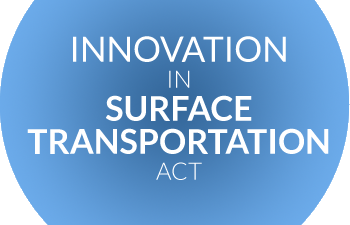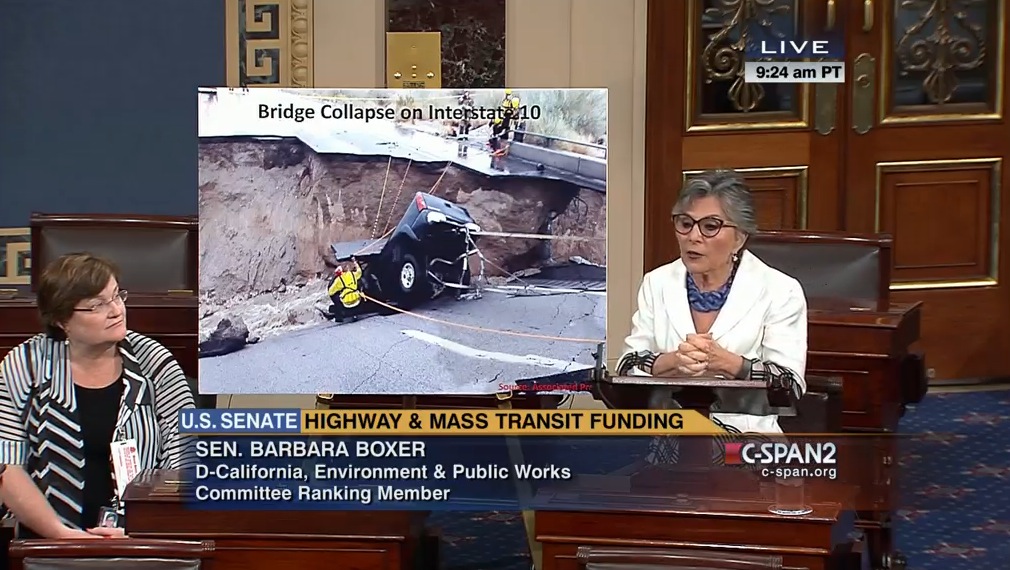
Last week, the Senate passed their multi-year transportation bill, the DRIVE Act, which authorizes funding for six years but with only enough funding for the first three years. The House left for August recess before taking up the Senate’s long-term bill, so Congress passed a three-month extension of MAP-21 that extends the program until the end of October.
Unfortunately, the Wicker-Booker amendment that local communities across the country pushed so hard for did not make it into the Senate’s DRIVE Act.
But there is still an opportunity to get a similar proposal into the final bill. The House is expected to begin debate on their own multi-year transportation bill when they come back in September and it’s critical that they hear strong support for the Innovation in Surface Transportation Act (ISTA) to ensure it is included in their bill.
Send a message to your Representative and urge them to support ISTA to give local communities more control over their transportation funding while also ensuring the best projects receive the necessary investments.
ISTA provides local communities access to a larger share of federal transportation funding by setting aside a portion of statewide transportation money and allowing communities to compete for funds to pay for their innovative and ambitious transportation projects. Those awarded funds will provide the greatest return on investment and ensure every dollar is spent on the most cost effective project.
For more information on the DRIVE Act, you can read Transportation for America’s statement on the bill on our blog, as well as read our list of the top 10 things to know about the bill.
Congress returns in September after Labor Day so stay tuned for further information.





